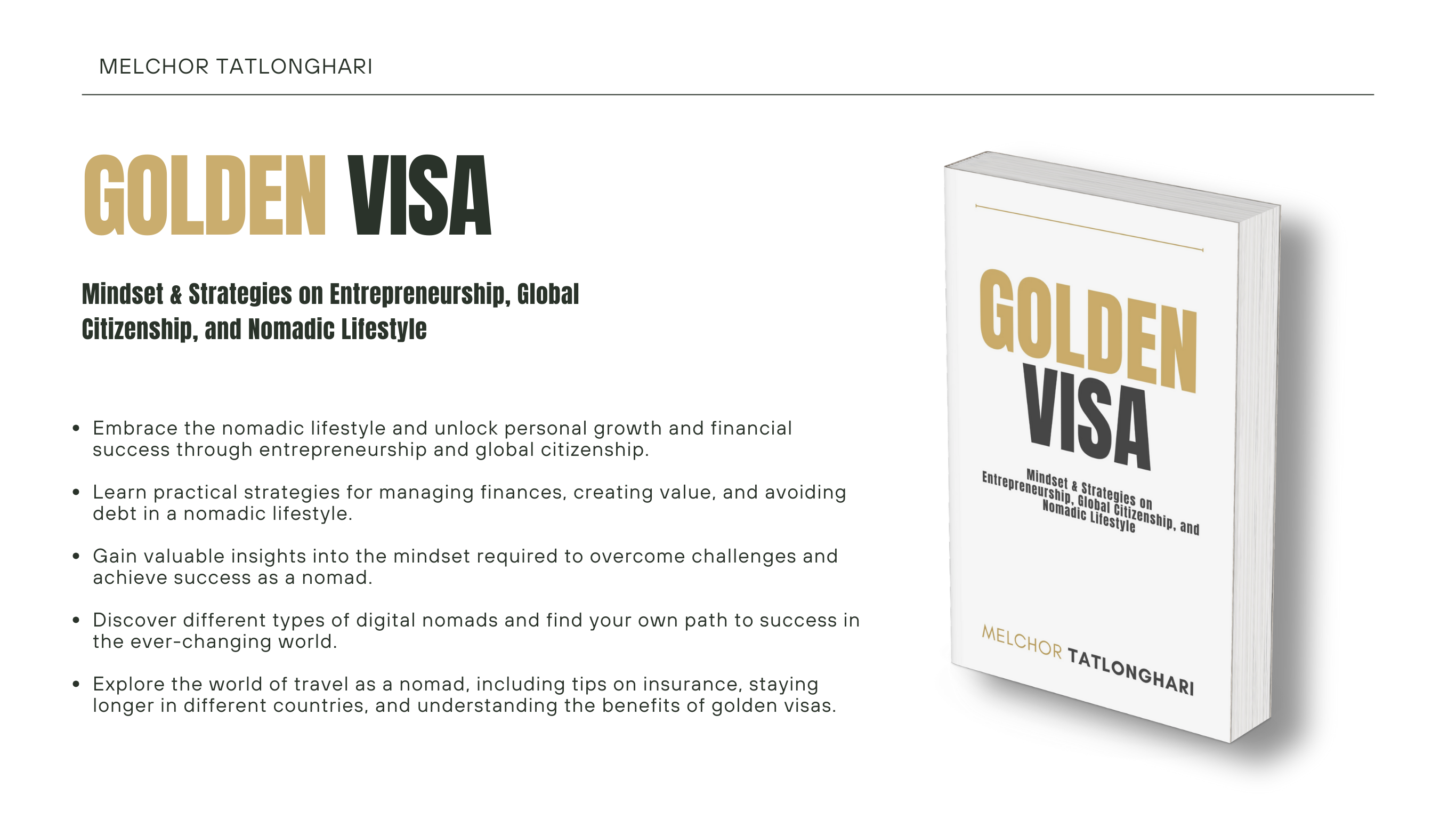I want to premise that this is not in any form a financial advice. I understand that everyone’s circumstances and situation are different, everyone has their own unique perspective and what I call “Unfair Advantage”, and there is nothing wrong with that. You just play the cards you are dealt with and make necessary adjustments and choices to get maximum value.
The average cost to travel the world annually is around $20,000-$30,000. Where did I get this number from? Aside from being a nomad myself, through different nomads all around the world whom I have spoken with, and of course, the subreddit r/digitalnomad. The figure only differs slightly depending on your lifestyle and which country you visit, but if you are smart about it, it averages around that number.
Now, that number is only if you are smart about traveling. For example, you pick countries close to each other and balance going to countries where you have arbitrage on some months. You don’t splurge on 5-star luxury hotels or constantly eat in Michelin star restaurants every other night. Basically, live within the bounds of what is your average spending as per usual in your home country.
Now, hypothetically, if you have $20,000-$30,000 per year as your baseline income guaranteed, you would be able to perpetually travel without having to work for the rest of your life, correct? Isn’t that what we all want at the end of the day? Freedom; the ability to do what we want, when we want, and with whomever we want to.
There are several ways to achieve this. One way is getting remote work and getting paid that amount regardless of where you are in the world. This is how most people do it. Getting that remote work could be tricky, though, as there is a shift again for corporations to force people back into the office, maybe for productivity but maybe mostly for micromanaging and control. If the pandemic has proven anything is that most people’s job can be done remotely and still be able to perform well, but I digress and that is another topic altogether.
Another less threaded path is passive income. If you have a substantially large amount of savings, around $300,000-$400,000, all invested in, say, an index fund that earns dividends, that in itself is enough to sustain you for the rest of your life. Let’s say, for example, in a bad year it only accumulates 3%. That’s still $12,000. Maybe for that year you only travel and stay around Asia.
The cost of living in certain parts of Asia can be as low as $1,000 a month, and that’s already comfortable living by the beach. If you had a good year and the fund earned 12%, you would have earned around $48,000 a year. Then you get to be more luxurious that year and go to London, Paris, and even New York, wherever you want to spend the year in any parts of the world, or be more frugal and let capital grow more with compounding interest while still enjoying life and seeing the rest of the world.
The median price of a home in Western countries is around $400,000. They say you can have it all just not all at the same time. Either you grow wings strong enough to bring you around the world or plant your roots deep. There is always a path you won’t be able to thread because of the path you choose. The point being, you don’t really need millions of dollars to sustain traveling and living around the world. I’ve met people who have much less that do the same thing and are living life to the fullest. Sometimes, all it takes is just a leap of faith.
Golden Visa Book
Golden Visa, is a book I wrote that explores the intersection of entrepreneurship, global citizenship, and the nomadic lifestyle. This book provides invaluable insights and practical advice for individuals looking to embrace a new way of living and doing business in today’s rapidly changing world.


